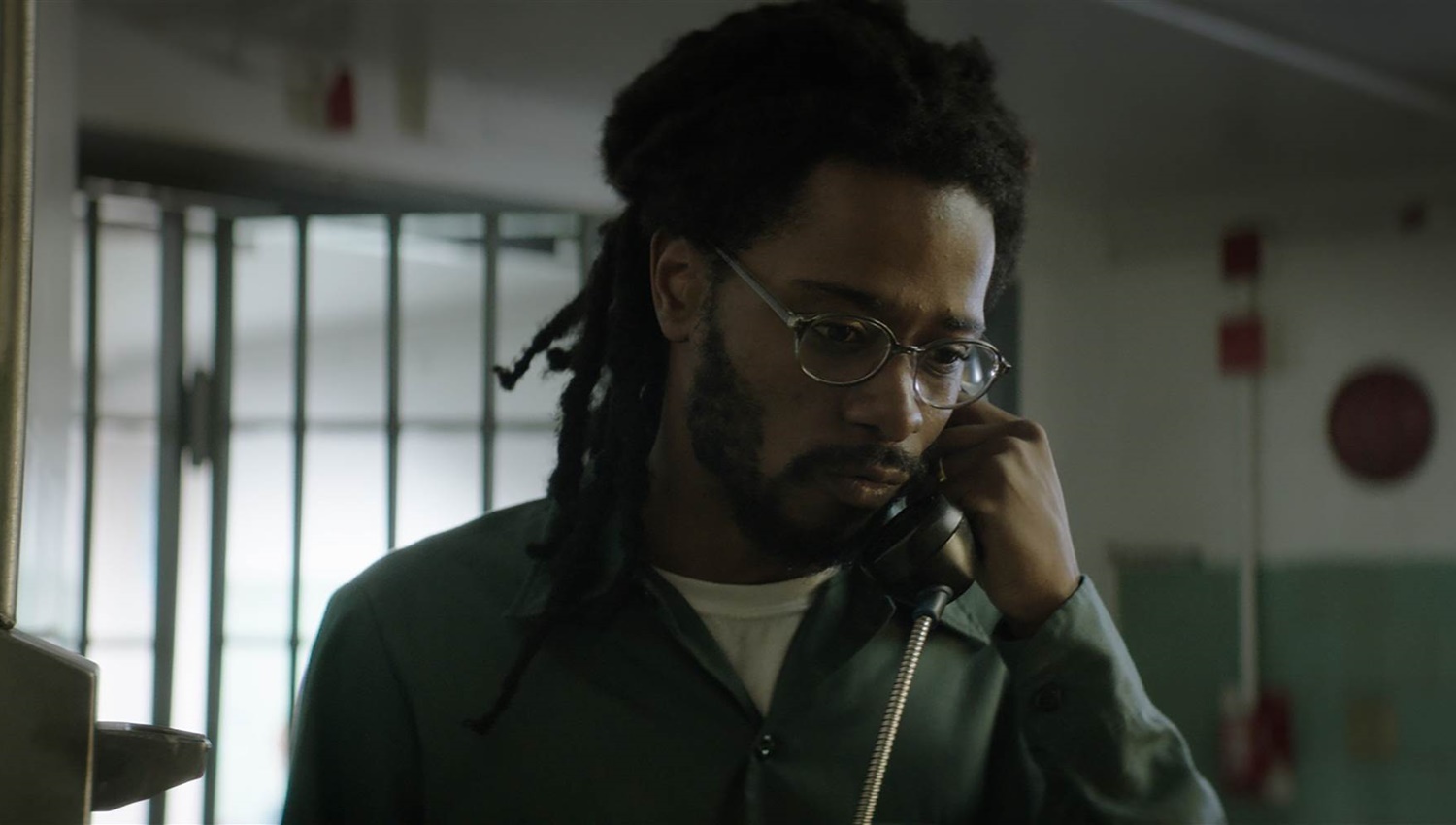
Crown Heights
Dustin Chase
In only his sophomore effort, writer/director Matt Ruskin jumps into the relevancy of the black lives matter movement with a true story that exposes the injustice of our justice system. Stanfield continues a stellar 2017, book-ending his box office hit Get Out with this powerful drama. Crown Heights won the Sundance audience award, propelling it to the soft, late August release. The film which does require patience from the audience, having nowhere near the explosive impact of the un-similar Detroit, isn’t likely to factor into the awards race. Without big names to draw in even the most willing indie movie goers, this story of a wrongly accused man will sadly be swept under the rug unlike more marketable Sundance entries Mudbound or Beatriz at Dinner.
When immigrant Colin Warner (Stanfield) was arrested at 18-years-old, he didn’t expect that minor incident would come back to haunt him two years later. Still involved in minor crime, the same day Colin stole a car at 20-years-old in 1980, he was also arrested for second degree murder. The courts, lawyers, witnesses all knew Colin wasn’t the guy, but intimidation and fear of deportation kept most silent. Colin’s brother Carl (Asomugha) tried everything to prove him innocent but the system didn’t care about a criminal, despite the crime. The real murderer a juvenile, sentenced to 9 years, Colin, an adult, was sentenced to 15. “Most of the prisoners here, they know deep down, they put themselves here. I don’t have that comfort.”
Crown Heights navigates through stereotypical genre clichés to become something more important.
Crown Heights doesn’t make it easy in the beginning for the viewer to find sympathy for a criminal arrested for a crime he didn’t commit. Analyzing what the movie presents, if Colin had never gotten himself arrested at age 18, this never would have happened. The “if only” moments continue throughout the film. Over the course of the film, Ruskin’s writing and Stanfield’s performance change the viewer’s perception and that’s the power of this story. It strays from a court room drama, investigative film or even a prison story. Crown Heights navigates through stereotypical genre clichés to become something more important. Colin expresses that prison is more mental than physical as he spends the best years of his life behind bars, eventually losing all hope when the American Justice System all but turns its back.
The film has a curious narrative track, mostly keeping in tune with Colin’s plight, but in the latter half of the story, it’s Carl who takes center stage. Moonlight-esqe flashbacks are used, showing glimmers of the brother’s poor childhood on the beaches of Haiti. Nothing however is more effective than a scene involving Colin’s memory of his grandmother, whom he will never see again. As the film barrels towards an inevitable conclusion, the latter half of the film without Stanfield loses some of its effectiveness. A stronger edit to streamline the emotional loss that occurred wouldn’t hurt either. Crown Heights would have benefited greatly from more high-profile actors, if nothing more than putting this project in front of a bigger audience.
Final Thought
An effective dramatization of the American in-justice system.
